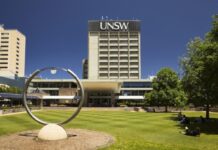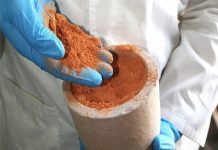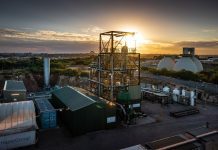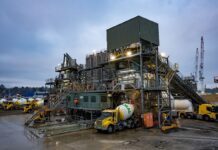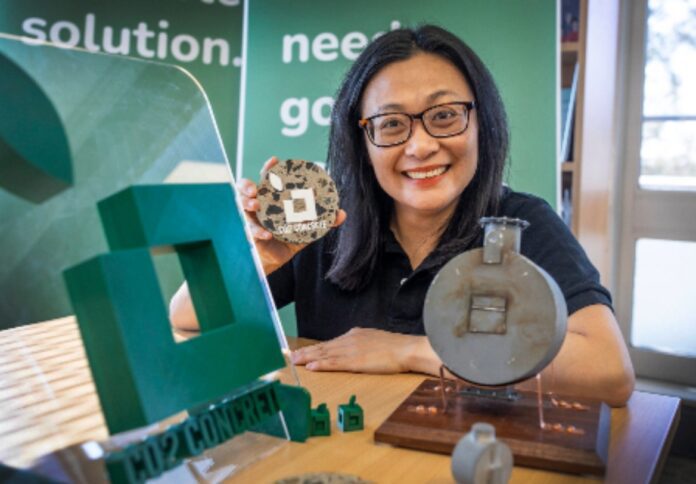
Western Sydney University is pioneering research focused on recycled concrete products aimed at reducing construction waste, paving the way toward a more sustainable future for the construction industry.
Professor Vivian Tam, director of the Centre for Infrastructure Engineering and an esteemed figure at the School of Engineering, Design, and Built Environment, has dedicated eight years to co-inventing CO2 Concrete, a game-changing solution.
According to the professor, her passion for two decades has centred on finding ways to repurpose this material and prevent it from filling landfills.
“With CO2 Concrete, we put crushed recycled concrete into a pressurised chamber and inject it with carbon dioxide which allows it to be as strong and durable as virgin concrete, while reducing carbon emissions from concrete production,” Tam explained.
Testing began with poured slabs at Western Sydney University’s Hawkesbury campus in 2019 and the Blacktown Animal Rehoming Centre in 2022, and the product could soon be available for commercial use.
“We are currently engaging in high levels of discussion with concrete suppliers about commercialisation with the hope that CO2 Concrete will be able to sell in the market very soon,” said Professor Tam.
While these discussions progress, Professor Tam is actively developing another recycled product known as Het-Crete, employing environmentally friendly chemicals.
“CO2 Concrete is from clean concrete waste but Het-Crete is mixed aggregate from construction and demolition waste which is more difficult to recycle,” she noted.
She added, “This will be the world’s first build material for high-grade construction so we are researching the processes we can use to speed up this new product development. This will expand the life cycle of the product to benefit the planet.”
Professor Tam secured over $1.1 million in funding from the Australian Research Council (ARC) Future Fellowship to support this research over four years.
Western Sydney University said it remains committed to addressing society’s most pressing challenges and has garnered international recognition for its positive impact in social, ecological, and economic spheres, earning the top spot globally in the Times Higher Education (THE) University Impact Rankings for both 2022 and 2023.



